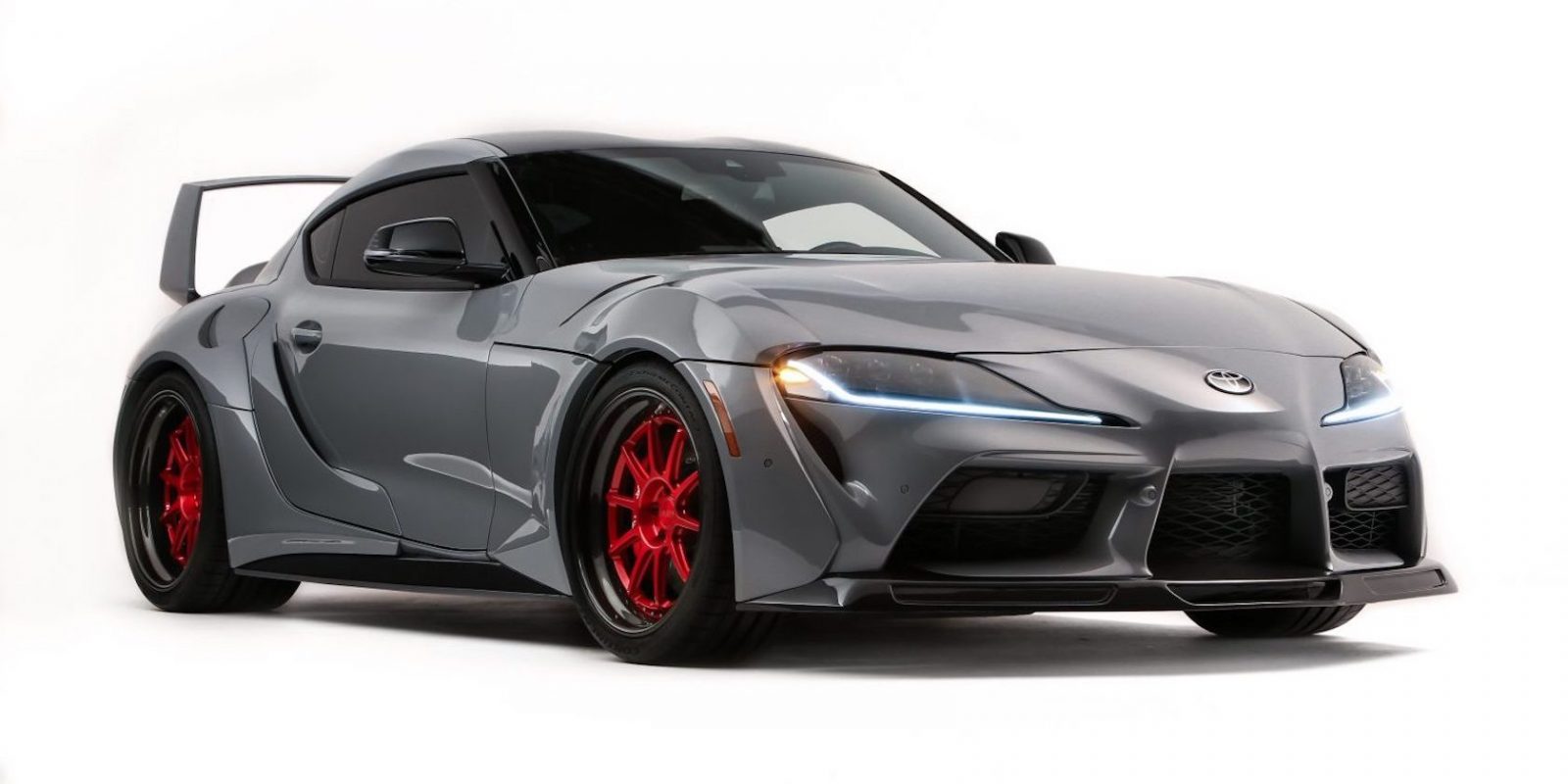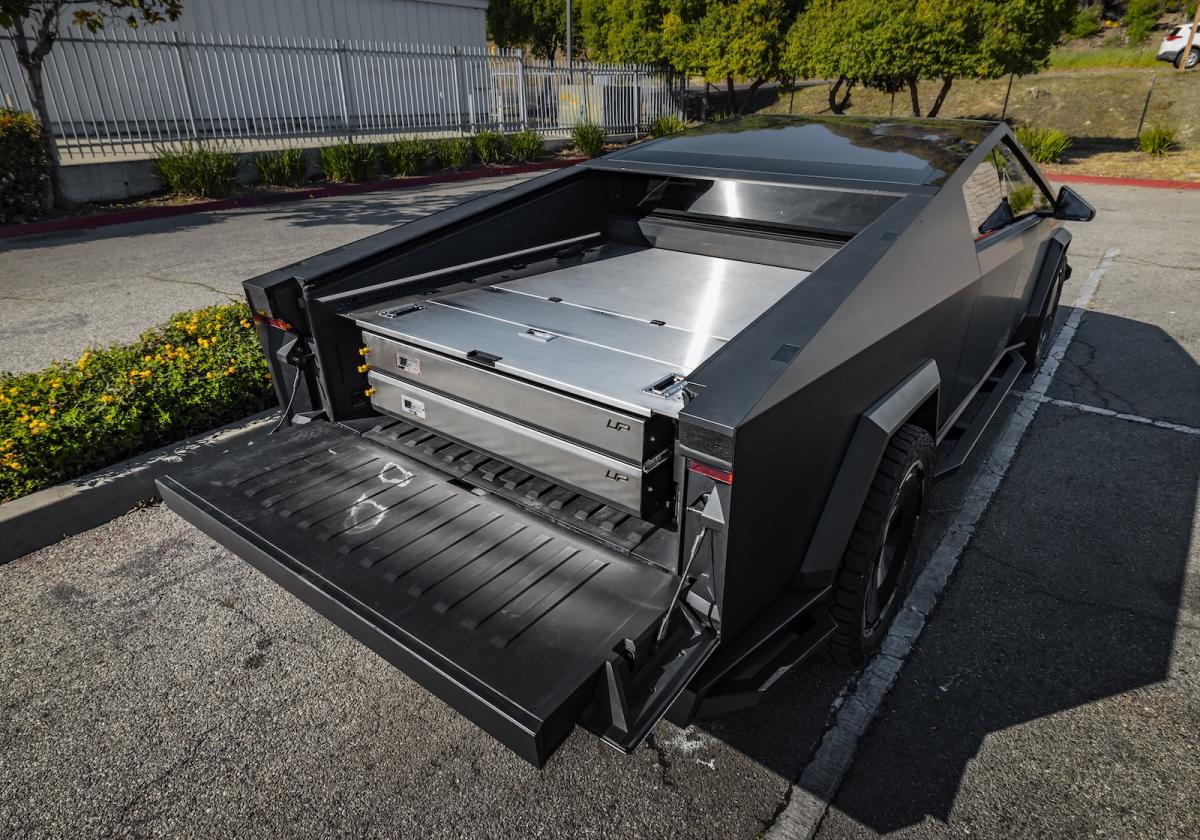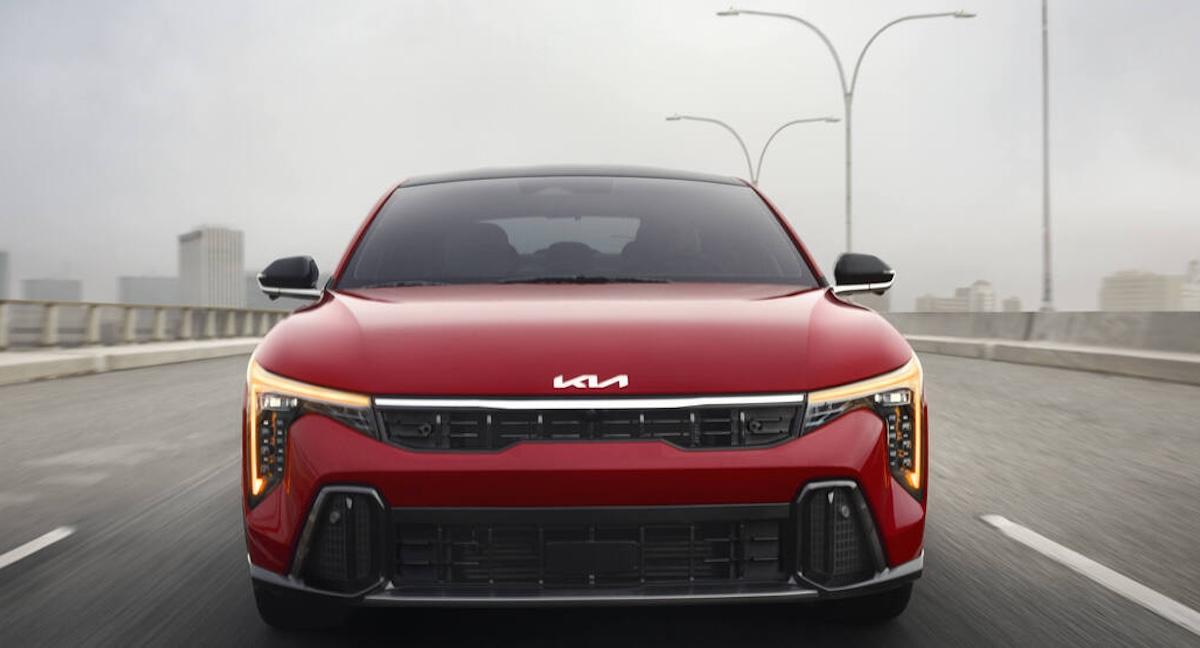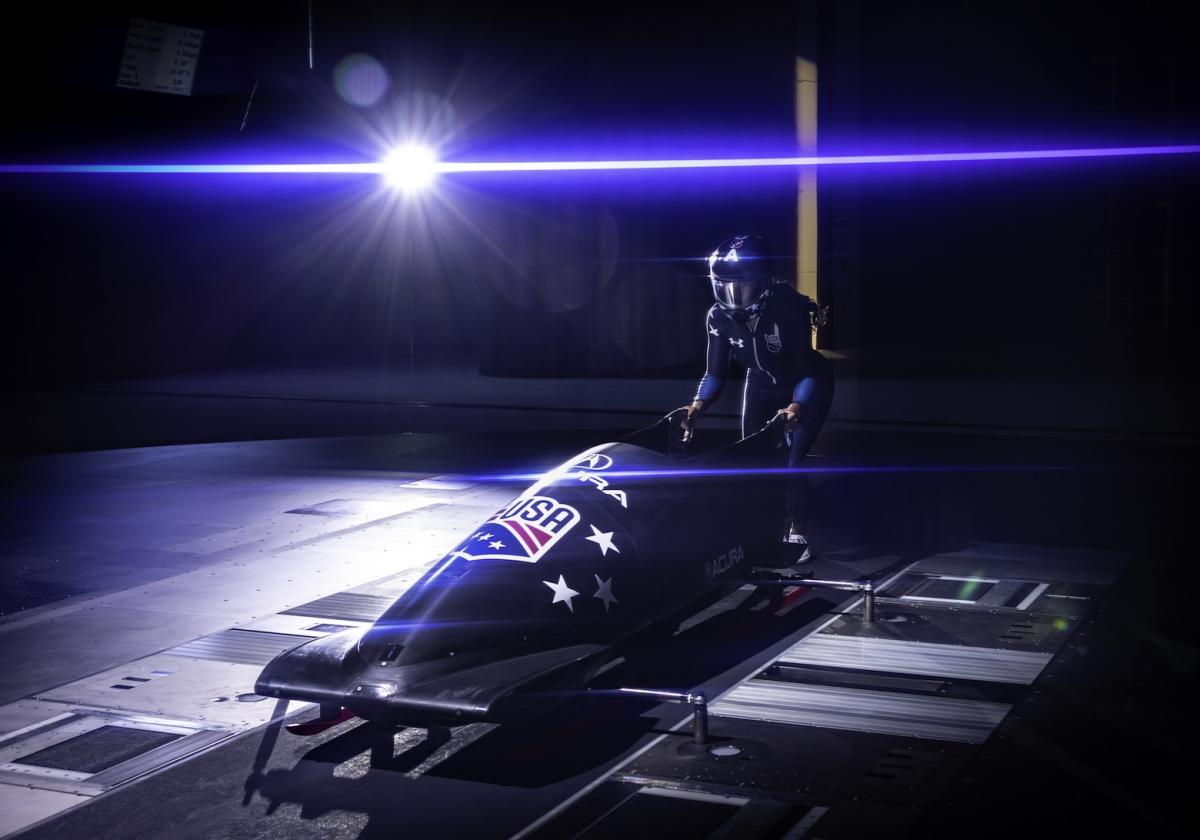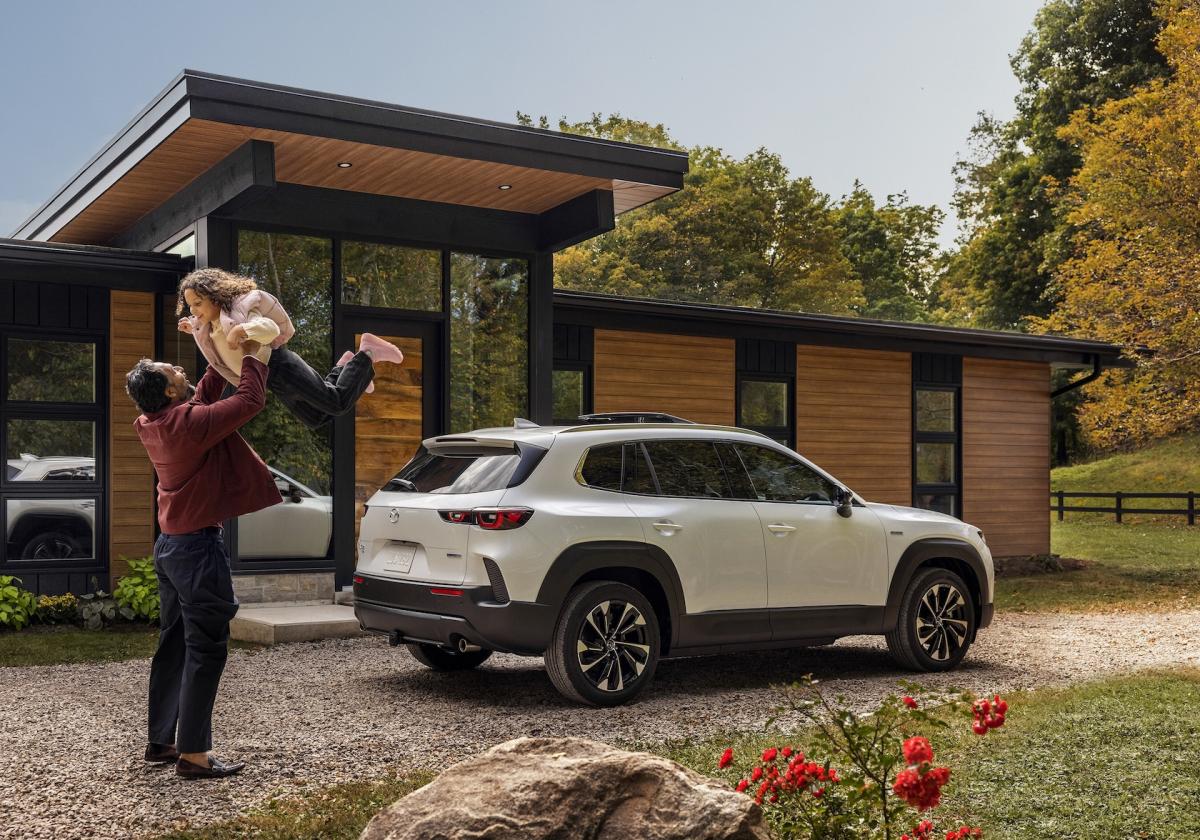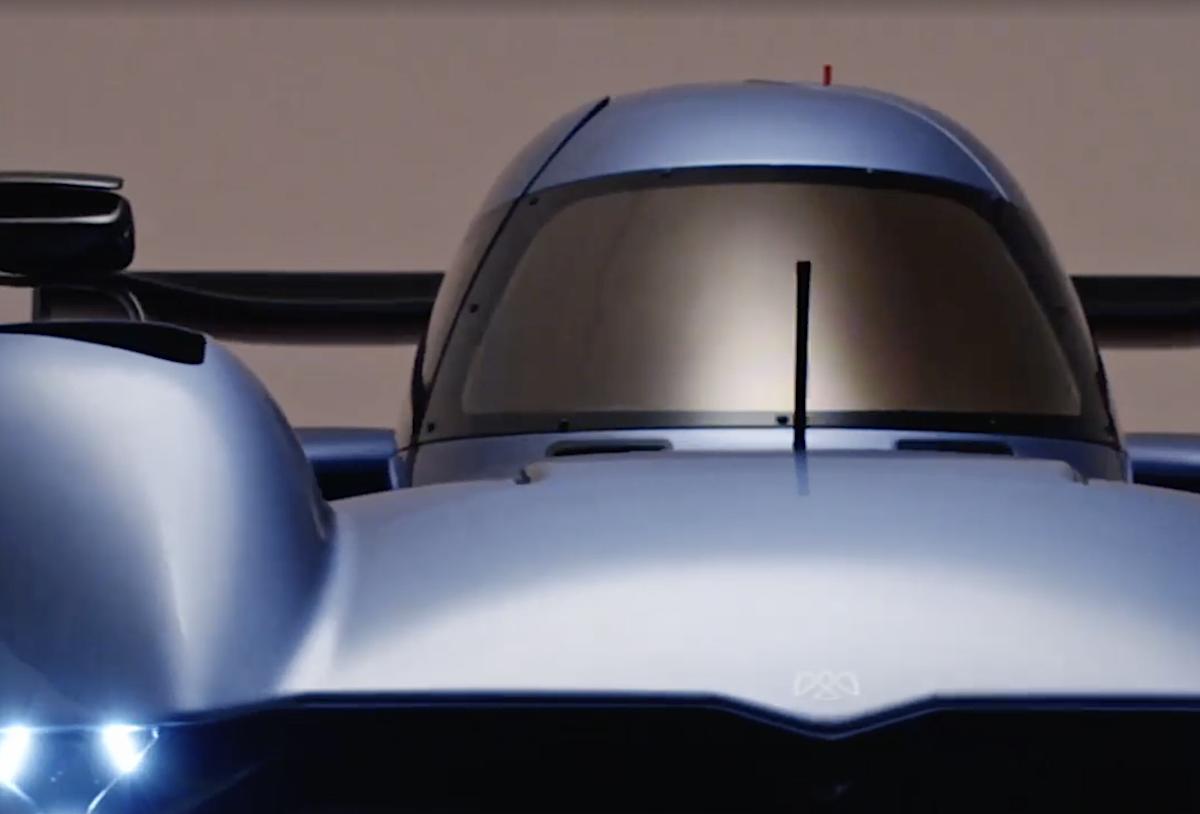- Toyota wants its next-gen Supra to get both electric and gasoline hybrid-powered versions
- BMW is expected to build the electric version while Toyota produces the plug-in hybrid model
- The new Supra is expected out by late 2025
Since late last year, a source close to Toyota had been telling us that the next-generation Supra, due out in late 2025, will be powered by a fully electric powertrain. But in the last week, with Toyota’s new CEO, Koji Sato, taking up his position and promising reinforced efforts into electrification, we are also learning that the new Supra will also offer a gasoline engine-powered variant as well as the EV. But it will use a fuel with a difference.
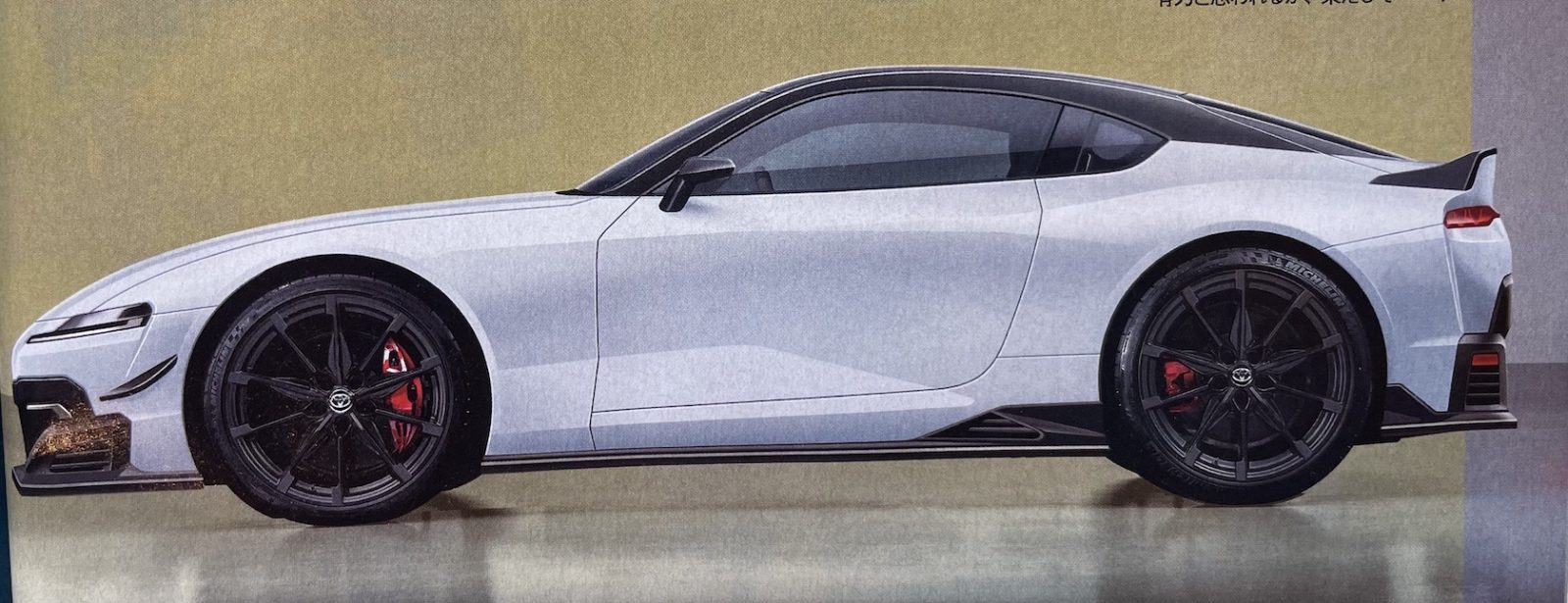
For well over two years, we’ve been hearing news that the EU and the U.S. plan to impose laws by 2035 banning the sale of internal combustion engine-powered cars, but then in Europe in late March, it was announced that engines powered by “e-fuels” would be approved. For the record, the “e-fuel” mentioned here would be carbon-neutral fuel produced by synthesizing CO2 and hydrogen.
Subsequently, the International Federation of Automobile Manufacturers also confirmed that decarbonization measures would be flexible with multiple technologies (including EVs, hybrids, and fuel-cell cars), and furthermore, the G7 Climate, Energy and Environment Ministers meeting in Japan recently issued a statement that greenhouse gas reduction would be achieved through a variety of methods. This means that Toyota’s long-standing multi-powertrain strategy of decarbonizing the car industry has now been joined by engine-powered vehicles, which means that the world is beginning to recognize Toyota’s all-around strategy.
There is widespread relief inside the hallowed halls of Toyota that their multi-powertrain strategy was the right one. In fact, this recent ‘e-fuels’ announcement gave the company a sense of ‘global endorsement’ for continuing to make engine-powered and hybrid vehicles.
The current Supra will reportedly go out of production in 2025 along with its sister car, the BMW Z4, which is produced by Magna Steyr in Graz, Austria. But before the current GR Supra is phased out, we will however see a high-performance GRMN (Gazoo Racing Meister of Nurburgring) version of the coupe land in showrooms in limited numbers and generating 542 hp which equals that of the BMW M4 CSL.
So will the next-gen Supra, with its mix of powertrains, also be a joint Toyota-BMW-developed car like the current model? According to our source, the answer is yes. BMW will be responsible for the car’s basic design with both the Toyota and BMW models employing the same platform. Each firm will then take over the final suspension settings and handling traits of their respective cars.
As for the engine, we can expect BMW to continue supplying its straight-6 turbo rear-wheel-drive powertrain to Toyota as well, only that 3.0-liter will be suitably modified to produce more power and less emissions thanks to electrification which means that an electric motor will be fitted. With its 27 years of designing and building hybrids (since the first Prius), that’s where Toyota comes into its own. In fact, our source is saying that BMW will be responsible for the fully electric version while Toyota will build the plug-in hybrid version that’s expected to clear 400 hp. Whether it will use e-fuel is still being debated.
OUR THOUGHTS
For me at least, this news sits well. A sports car like the Supra (and Z4 too of course) should enter the age of electrification with a fully electric version. That’s a given. But to appease the huge number of fans out there who still prefer a sports car to have an engine and make some noise, even if it is electrified with a motor, then this is something that carmakers really need to continue—for a little while longer at least. Who knows, if they come up with an ‘e-fuel’ version then we might see an engine-powered Supra lasting well into the 30s and beyond.

